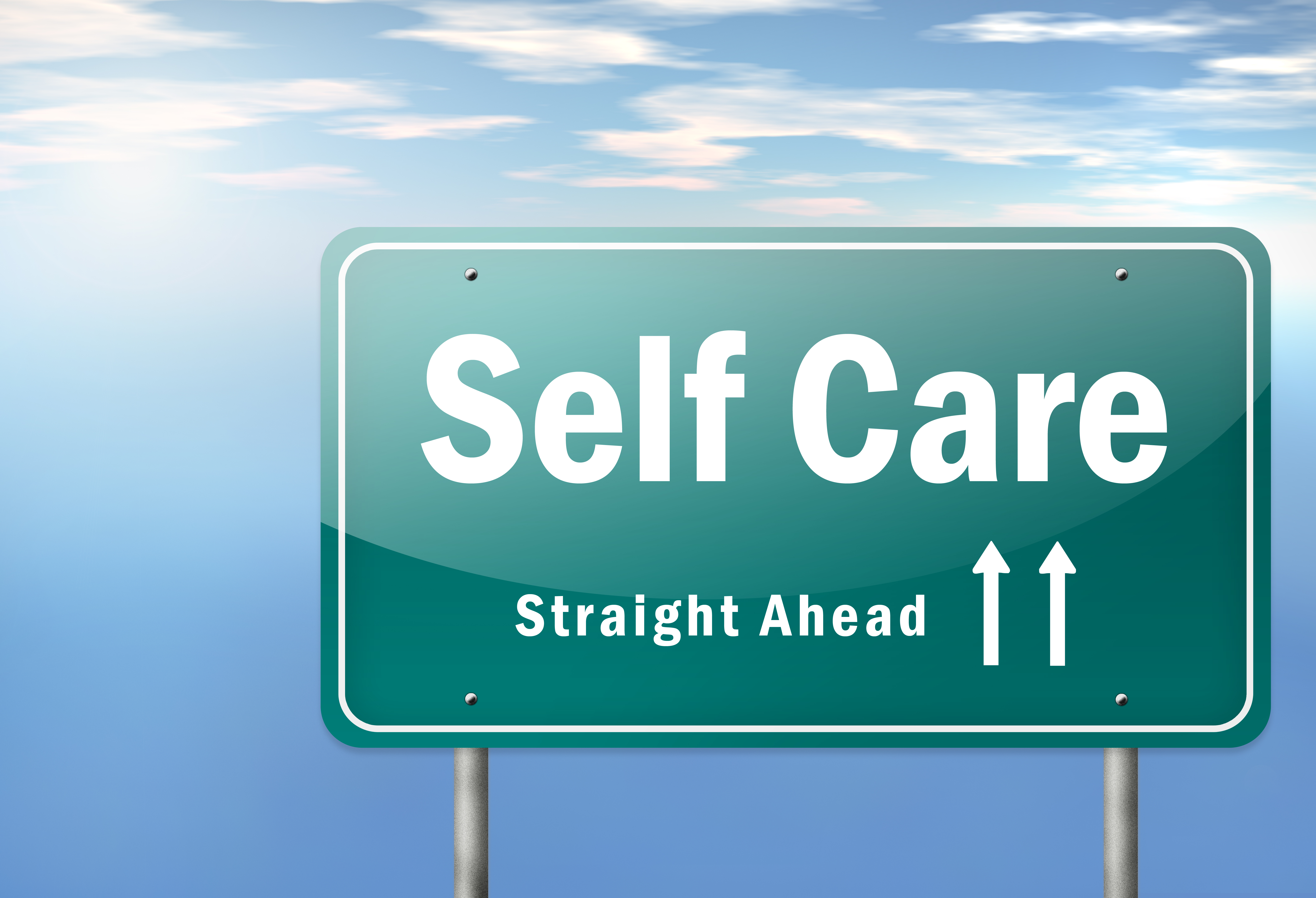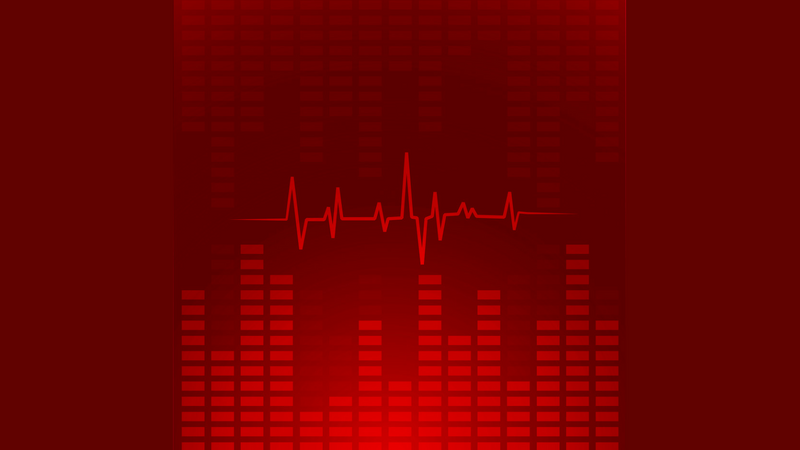My Best Depression Ever
I’m sure reading, “I’ve had my best depression” feels odd. Candidly, It feels strange to write it. It’s still true.
One of the frustrating parts of a having bipolar disorder is that there is no cure.
Getting past that statement took me a lot of work. My sense of normal is different. Sure, medication helps. But it doesn’t stop the cycles. It brings my highs and my lows closer to a range that most people (read: neurotypical) experience, which means they are less challenging to handle.
For me, getting my diagnosis took my experiences from moral failure to situation to manage. It takes away the self-recrimination and shame.
The deeper I get into my diagnosis, the better I am able to manage challenging symptoms. I still struggle, but I struggle with purpose now, not surrender.
I saw this latest depression coming on. I watched it appear in horror over the course of three days, as symptoms presented themselves. I was helpless to stop it.
I forget every time how much depression sucks. The vulnerability I feel. The weakness. How much harder everything becomes. The exhaustion that pops up every two hours; I sleep more than I’m awake. I forget the crying jags that appear out of nowhere.
Yeah, it sucks.
But I have to say: If I have to experience a depression, the one I’m in now is the model of how I want my depressions to be. Because I’m having the best depression of my life.
What Makes This My Best Depression Ever?
I lead support groups for people living with mental illness at my church using curriculum developed by The Grace Alliance. I love it because it approaches mental illness from both a spiritual and practical perspective.
We consistently talk about the options we have to care for ourselves: What is effective self-care? How do we build nurturing relationships? What does it mean to lean into community?
I layer in pieces I’ve learned from mental health classes that covered topics like depression, anxiety, Cognitive Behavioral Therapy (CBT) and more.
Understanding these intellectually and knowing they will help is one thing. Living them is another.
This is the first depression I’ve experienced where I’ve had so many of these pieces in place, and I’m still surprised at how effective they are. I didn’t realize that they could change my depressive experience this dramatically, to the point where I can say: This is my best depression.
I can see where the gaps in my treatment are now, and after this depression ends, I will put more pieces into place.
So, what are these pieces? How are they helping me?
What’s Helped Me in My Best Depression
1. I’ve established some strong routines. Every morning, I have a routine for grooming and getting my daughter to school. This routine is so ingrained now that not doing it throws off my sense of the day entirely.
2. I had a food plan in place (sort of). Out of a conversation I had with one of the women in the Wounded Birds Ministry group on Facebook, I realized that I usually take the “easy” route when it comes to eating when I’m in a depression.
“Easy,” in this case, means fast food. Jack-in-the-Box, Wendys, McDonald’s, Starbucks are the places you’re most likely to find me eating when I’m in a depression. The shame I felt over eating poorly worsened my depressions, with the voice in my head calling me “lazy” and “financially irresponsible.” Not helpful.
This time, I took the warning signs my depression was oncoming and went grocery shopping. I stocked up on foods I could make once and have a lot of leftovers. Stew, chicken pot pies, and lasagna have been my savior. Knowing I only have to cook once and then my family is set for a couple of days helps me drum up the motivation I need to get off the couch and cook the meal.
Additionally, I stocked fruit, salad materials, and sandwich ingredients so my daughter can be self-sufficient and not give me the “this again?!” reaction. The shift here is that “easy food” means going to the fridge and reheating something, not getting in the car, driving to the restaurant, dealing with the hassle of a drive-thru, etc.
The side benefit is that I’ve eaten some of that fruit, too, which reinforces a positive mindset. I’m confident that this food routine is a big contributor to this being my best depression.
3. I’m intentional about my water intake.
For me, dehydration impacts my mood. Staying hydrated is something simple I can do to care for myself. Plus, I avoid the guilt and shame of drowning myself in coffee or sugary drinks.
4. I reached out to a friend. On Day Two of my symptoms, I reached out to a friend and asked her to pray that my depression would pass. She’s done more than that. I’m going to write more on this later, but she’s been sending me little text messages of encouragement and even scolded my inner critic for not treating me well.
I’ve never asked for support before. While I’ve been told it would help, my honest expectation was that I would feel guilty and burdensome for asking. Instead, I’ve just felt loved.
I also was open about my mental state on social media. As a result, I had people come up to me at church to offer support, hugs, and friendship. None demanded anything of me. Some set up coffee dates, which I accepted even though I knew I would feel exhausted afterward.
I’ve shown up, too. While I was right about how tired those dates make me, I’ve also felt connected.
5. I changed my language. Maybe you haven’t noticed, but I’m consistently using the phrase “in a depression” rather than “I’m depressed.” It’s subtle, but it reminds me that depression is not a constant. These feelings will pass.
It’s also helping me grant myself compassion for taking three naps a day and then sleeping eight hours at night, for letting the laundry get to a tragic state, and ignoring my filthy floors and bathroom. My situation is temporary, and I will come back to those things eventually.
They’re important, but not as important as caring for myself right now.
6. I did the work. I’ve done a lot of CBT, and I’m seeing it pay off in a big way this past week. I still get those thoughts of worthlessness, disappointing others, and worse, but now I am able to identify them, and I have examples set that disprove them.
If I’d realized how important this was to having my best depression, I would have been more aggressive about this from the beginning.
7. Faith helps. Prayer and knowing that God is with me in these dark moments gives me a life vest to keep my head above water.
I don’t complete anything? The book I wrote sits on my desk.
I’m not creative and no one cares what I think? I can look at my social media stats and say at least one person thinks my voice is valuable.
Still, There’s Room for Improvement
As much as what I’ve done has helped me, there are a few things I think I can do better or differently.
1. Cooking ahead for myself. Once I feel better, I’m making up batches of stew, chicken pot pie and other foods I like and have good nutritional value and bulk freezing them. I’m going to take away even the stress of cooking and preparing food from myself.
2. Telling my friends how they can help. I’m writing a post on what my friends have done that was helpful to me during this depression. In my next depression, I will circulate it to those who ask how they can help.
I can empower them to support me in the ways that benefit the most, making my next depression my best depression ever.
3. I’m getting more disciplined about my sleep schedule. I tend to stay up until 10 and then take another hour to get to bed, where I read until midnight. I’m up every morning at 5:30 to get the tween up and ready for school, so sleeping in is not an option.
On the days when I’ve gotten a full seven or (better yet) eight hours of sleep, I have more energy and take fewer naps. And, the naps I take are shorter and more effective.
4. I want to put a small, mild exercise program in place. I want to develop a routine of movement, so that following it will feel natural and compulsory – just like my morning routine is now.
Depression Still Sucks
I want to avoid the sense that this depression is easy. Depression is never easy. Depression sucks and, if I had a way to prevent it altogether, I would take that option in a heartbeat.
That said, this depression is easier to manage than any of my prior ones. In fact, just knowing that I’ve put many of these components in place helps me feel better. It pulls me back from the most difficult of the emotions. Doing this work has given me a sense of pride that I carry with me even through the roughest moments.
It hasn’t been easy. I’m seeing the fruit of several years of effort. I’ve had to be patient with myself as I took baby steps (and micro-steps) to help me build resilience.
If I have to live with depression, this is how I want it to go. I want to keep having my best depression ever.
Have you chosen to walk through God’s door to put on your new self? What’s holding you back? What encourages you?
Looking for daily inspiration and community? Join our warm and supportive Facebook group!








